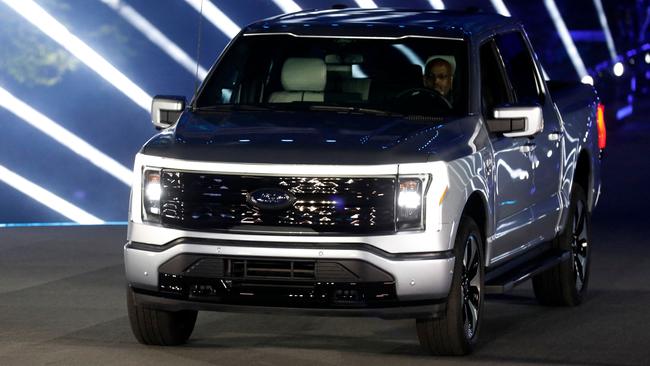Electric vehicles are coming, but we don’t have the skills or policies we need, the MTA says
EVs will become mainstream, but we’re sleepwalking into the future in a policy vacuum and an unprecedented skills crisis, experts warn.

The imminent transition to mainstream electric vehicle use is a “revolutionary” moment which will fundamentally change the role of the motor vehicle, but we’re sleepwalking into the future in a policy vacuum and facing an unprecedented skills shortage, the Motor Trade Association of Australia says.
With a record 31,000 positions currently unfilled across the nation, and new skill sets and investment in plant and equipment needed to make the jump to EV maintenance and servicing, the industry needs national leadership on the policy front, the MTA says, in a major new report, Directions in Australia’s Automotive Industry.
Many small businesses might not survive the transition, and with technological advances making EVs cheaper by the day, consumers might make the jump sooner than expected.
And the tangle of “piecemeal, populist policy” springing up across the nation “in areas such as EV subsidies, partial user-pay systems, tax grabs, and the use and regulation of autonomous vehicle systems’’ needs to be sorted out, MTA chief executive Richard Dudley says.
“The report’s observations and findings back the need for a consistent, co-ordinated, national plan to address current skills shortages, identify and facilitate emerging jobs, skills, qualifications and manage industry and business transition opportunities,’’ Mr Dudley said.
The new report, to be released on Saturday, describes the sector as being at a “revolutionary turning point”, as vehicles move from being primarily modes of transport to an integrated part of the electrical grid.
“These unprecedented developments will change the concept of the motor vehicle and potentially the scope of the automotive industry in the future,’’ the report says.
But Mr Dudley said on the policy front there is currently a vacuum, with Victoria for example going it alone with a new road user charge for EVs - and at the same time looking to subsidise new vehicle purchases - while there are a raft of approaches being considered in other states.
South Australia announced in late 2020 that it would introduce a road user charge this year, then pushed its introduction back 12 months to see what other states would do. There is also a push from the Australian Greens at a federal level to cull funding to states which introduce policies which discriminate against EVs.
Industry organisations such as the MTA and the Federal Chamber of Automotive Industries, as well as carmakers such as Nissan, are calling for a national plan for the transition to electric vehicles, pointing out that it is inevitable as manufacturers shift towards hybrid and electric-only drive trains.
READ MORE:Policy debacle looms | Australia a ‘difficult market’
And while a national network of fast-charging stations is a high-priority initiative on Infrastructure Australia’s to-do list, and has been since early 2019, nothing has been done to progress this plan.
The MTA says its analysis indicates that investing in a network of charging stations is “much more effective” in promoting EV sales than subsidising consumer purchases.
And on the regulation front, there needs to be national consistency.
“There is considerable apprehension amongst consumers and businesses as to whether the Federal Government will also impose its own tax regime on low emission vehicles, on top of the state levies already being designed, i.e. ‘double dipping’,’’ the report says.
“If double dipping occurs, this will create a major disincentive for the purchase of electric vehicles.’’
The MTA says traditional automotive businesses looking to adapt to EV maintenance and servicing will also incur an average investment of almost $80,000 to pay for training and on-costs, while absorbing a 4 per cent reduction in revenue from traditional internal combustion engine (ICE) vehicle service and repairs.
In Norway, where the take-up of EVs has been rapid due to generous subsidies and other incentives, it is expected that 20 per cent of automotive workshops will exit the repair market by 2030, the MTA says.
The MTA has also warned that traditional dealership models could be disrupted, with customers and vehicle manufacturers increasingly comfortable with online sales.




To join the conversation, please log in. Don't have an account? Register
Join the conversation, you are commenting as Logout